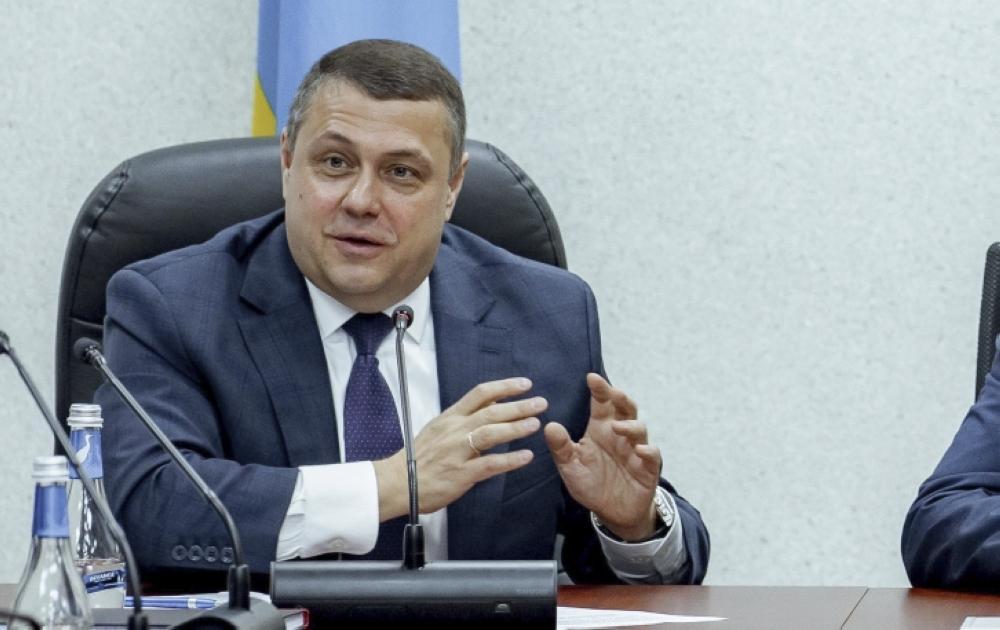Africa-Press – Rwanda. The mobilisation of domestic revenue in Rwanda from new tax measures will be instrumental in reducing macroeconomic pressures from debt servicing, partly from Bugesera airport construction expected to raise the debt-to-GDP ratio.
This was discussed at the conclusion of the International Monetary Fund (IMF) mission review, led by Ruben Atoyan, with the Ministry of Finance and Economic Planning, on April 4.
They discussed policy priorities and progress on reforms within the context of the fifth review of Rwanda’s Policy Coordination Instrument (PCI).
It took note of Rwanda’s economic performance in 2024, which grew by 8.9 per cent driven by strong services, construction, and food crop production.
Inflation was stabilised within the central bank’s target range of 2 to 8 per cent, and the franc depreciated by 9.4 per cent against the US dollar, down from 18.05 per cent in 2023.
Atoyan said that despite the challenging environment, macroeconomic policy performance through the end of 2024 remained in line with program objectives under the PCI arrangement.
“The newly approved tax package will help to put the tax-to-GDP ratio on an upward trajectory,” he said.
Despite the reform to enhance domestic revenue mobilisation, Atoyan added that the cost of the planned Bugesera airport construction will significantly intensify debt service pressures and raise public debt to 86.7 per cent of GDP in 2026.
In 2025, Rwanda will also launch the second phase of the Bugesera International Airport and the expansion of RwandAir, in partnership with the Qatar Investment Authority.
To mitigate debt vulnerabilities and rebuild the much-needed policy space to react to shocks, he said, the authorities will need to ensure the full and timely implementation of the newly adopted tax measures, contain fiscal spending through careful reprioritisation of investment projects.
Atoyan highlighted that the government should continue to strengthen the capacity to mitigate fiscal risks from state-owned enterprises and public-private partnerships.
“Monetary policy should anchor inflation around the center of the target band, while continued exchange rate flexibility will help absorb external shocks and support current account adjustment,” he noted.
Furthermore, the mission noted that the development of green projects and lending operations need to be accelerated.
The Minister of Finance and Economic Planning, Yusuf Murangwa, said that Rwanda’s economy is expected to continue the stability trend and the different reforms happening across the world has not yet shown tangible effects on the country’s economy.
“Among the things we discussed is that Rwanda’s economy will grow at an average of 7 percent. The implication of sanctions is minimal given that it is only a few countries involved, and the trajectory of our economy is at a better stage compared to the past 15 years where a bigger part of our budget was financed by aid. We will keep monitoring the situation.”
Murangwa noted that RSF and PCI instruments have been supportive in the country’s economy and the program will come to an end in June.
Soraya Hakuziyaremye, Governor of the National Bank of Rwanda, said that while inflation is projected to remain within the central bank band for two years, there is expected impact of new US tariffs on the country’s economy.
She explained that the tariffs have no direct impact on Rwanda’s economy given that the country exported few products to the US and were even taxed but the impact is expected to be felt on products imported from other countries which will be affected by the new tariffs.
“The monetary policy committee will convene to monitor the market trends of inflation and decide accordingly,” she said.
For More News And Analysis About Rwanda Follow Africa-Press






